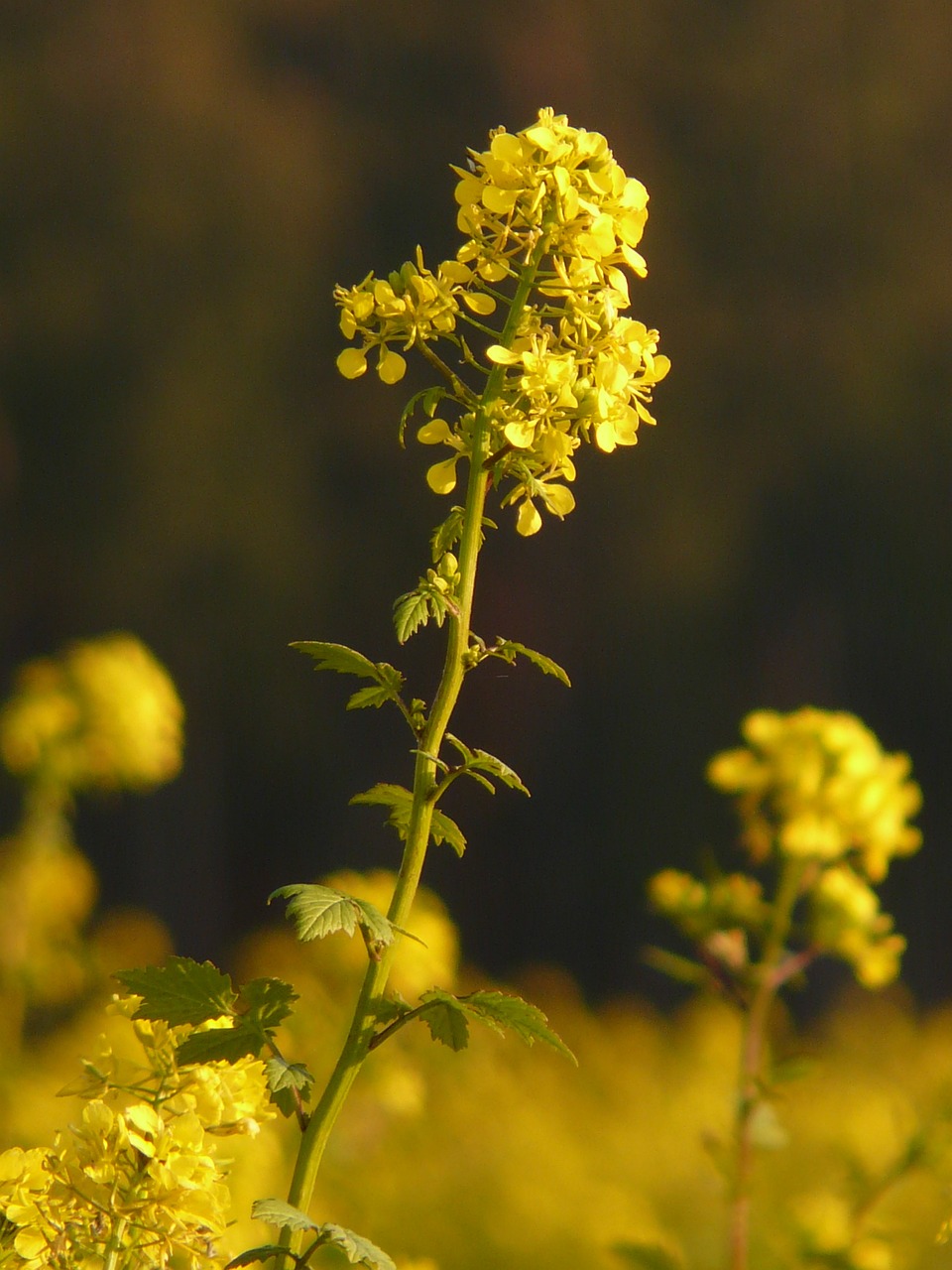
Central Eastern Europe (CEE) is witnessing a significant shift in its energy paradigm, with a growing emphasis on sustainable energy production. At the heart of this shift are bioenergy and waste-to-energy projects, which are transforming organic waste and biomass into valuable sources of energy. This move towards harnessing renewable resources is not only a response to the global climate crisis but also a strategic approach to diversifying energy sources and boosting energy security in the region.
Bioenergy, derived from biological materials like agricultural residues, wood, and organic waste, offers a sustainable alternative to fossil fuels. In countries across the CEE, there is an abundance of agricultural activities generating a significant amount of organic by-products. These by-products, traditionally viewed as waste, are now being re-evaluated as potential sources of energy. For instance, Poland, with its extensive agricultural sector, is investing in biogas plants that convert crop residues and animal manure into biogas, which is then used to generate electricity and heat.
Similarly, waste-to-energy technologies are gaining traction in the CEE region. These technologies involve the incineration of municipal and industrial waste to produce energy. The process not only helps in waste management but also provides a source of renewable energy. In Czechia, waste-to-energy plants are an integral part of the country’s waste management strategy, reducing landfill use and generating energy simultaneously.
Hungary is another example where bioenergy projects are making inroads. The country is exploring the use of biomass for heating purposes, particularly in rural areas where wood and agricultural residues are readily available. This approach not only provides a sustainable heating solution but also supports local economies.
Despite the potential benefits, the development of bioenergy and waste-to-energy projects in CEE faces several challenges. One major hurdle is the need for significant initial investment in technology and infrastructure. For many countries in the region, particularly those with limited financial resources, this can be a barrier to the widespread adoption of these technologies.
Another challenge lies in the environmental impact of some bioenergy and waste-to-energy processes. Concerns have been raised about air pollution from waste incineration plants and the sustainability of biomass sourcing. Addressing these environmental concerns is crucial for the long-term viability of these projects.
The growing focus on bioenergy and waste-to-energy projects in Central Eastern Europe is a positive development in the region’s journey towards sustainable energy production. Harnessing these renewable resources offers a way to reduce dependence on fossil fuels, manage waste effectively, and support local economies. However, the success of these initiatives hinges on overcoming financial, technological, and environmental challenges. As the CEE region continues to develop its renewable energy capabilities, bioenergy and waste-to-energy projects will likely play a key role in shaping its sustainable energy future.






